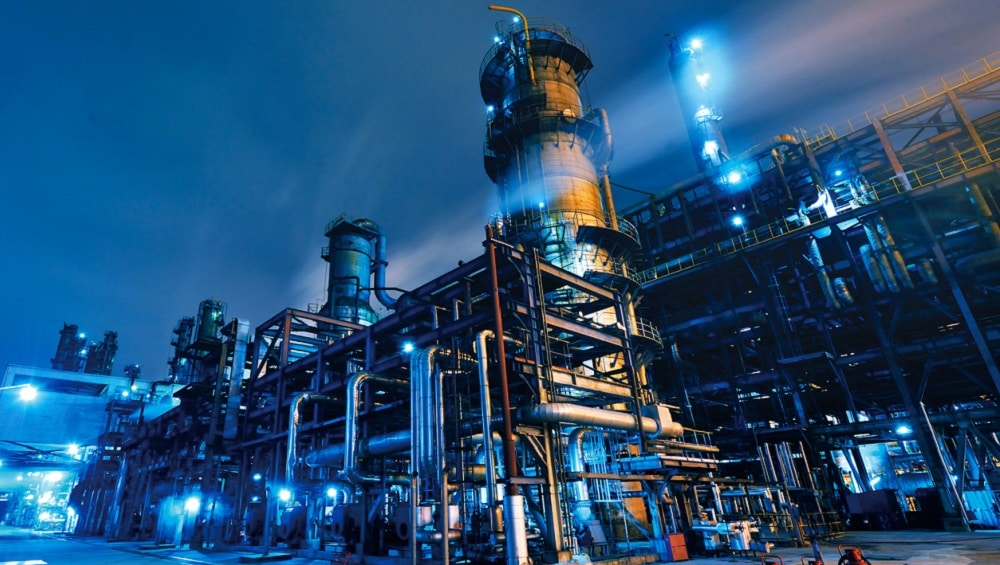Local refineries in the region are pushing for the inclusion of termination and force majeure clauses in their upgrade agreements with the Oil and Gas Regulatory Authority (OGRA). They argue that these clauses should be added to the implementation agreements, allowing them to terminate the contract if the government fails to meet its obligations for an extended period or in the event of a major calamity, such as the COVID-19 pandemic impacting their ability to meet upgrade deadlines.
However, OGRA has not accepted these conditions as part of the upgrade policy. Under the current Brownfield Refinery Policy, local refineries are expected to sign implementation agreements with OGRA by November 15, 2023. After that, each refinery must achieve financial close within two years to access 25 percent of the Escrow account for their upgrades.
Negotiations between the government and refinery representatives are ongoing, and they are discussing various aspects, including a legally binding upgrade agreement over a six-year period, the establishment of an Escrow account involving the refinery, the National Bank of Pakistan (NBP), and OGRA, and a Rs. 1 billion deposit as a guarantee by the refinery.
Read Also: Saudi Arabia Extends Generosity: 100 More Fully Funded Scholarships for Pakistani Students Announced
The Brownfield Refinery Policy offers a 10 percent tariff protection on petrol and diesel rates over six years, and refineries are required to deposit a portion of the presumed duty into the Escrow Account jointly managed by OGRA and the refineries at NBP.
This issue reflects an ongoing dispute between local refineries and OGRA, as refineries seek more flexibility in their agreements to mitigate risks associated with unforeseen circumstances and government obligations. The outcome of these negotiations will significantly impact the future of the refineries and their upgrade plans.

